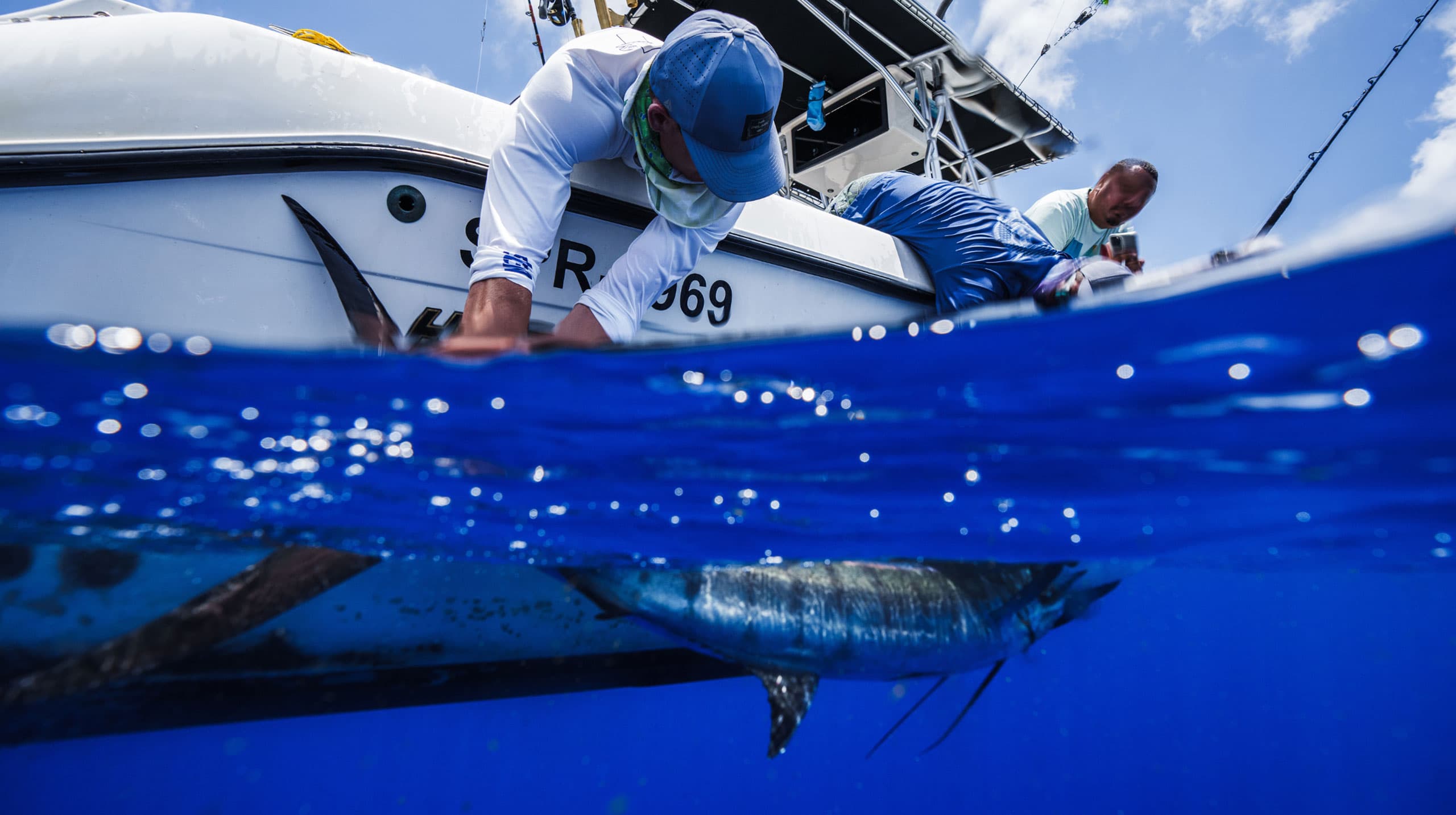
BHA Travel Blog
Belize information & news
If you’re dreaming of a change of pace, a fresh start, or just a warm breeze to shake things up, Belize is calling. Whether you're an adventurer, a beach lover, or simply in need of a tropical reset, this little gem in Central America is your perfect… Read more
Belize's Jaguar Corridor is a mesmerizing realm that beckons wildlife enthusiasts and nature lovers alike. Nestled within the heart of Central America, this region is renowned for its thriving population of jaguars. The Jaguar Corridor stretches acro… Read more
The Belize Hotel Association (BHA) is embarking on a whirlwind tour, crisscrossing continents to represent our esteemed members and showcase the unparalleled beauty of Belize at four major trade shows in January. Join us on this exciting journey as w… Read more
For many of you, warmer weather and a change of scenery is sufficient reason for going on vacation. For others however, immersive travel is at the fore of what you’re looking for when deciding on where to go next. Allow me to introduce yo… Read more
As September dawns upon Belize, the nation bursts into a month-long extravaganza of vibrant colors, pulsating music, and rich cultural heritage. Known as the "September Celebrations," this annual event commemorates the country's independence and show… Read more
Belize is a popular destination for weddings, offering a variety of picturesque locations to tie the knot. Here are some of the top wedding locations in Belize:
Ambergris Caye: This beautiful island is a top wedding destination in Belize, known for … Read more
Vacationing with a purpose
Long before it became a trend, Belize proved to be a champion for traveling better. In the past few years, the Caribbean nation has made a splash in the ecotourism front, becoming a prime example in sustainability, environm… Read more
Does anyone ever stop to smell the proverbial roses? Or in this case, a draught of sweet, salty island breeze. ‘Caye Caulker Go Slow’, the island mantra, is a way of life that recognizes the value of slow living. It’s taking a moment to disconnect fr… Read more
When you think of November, Thanksgiving would be the first thing that comes to mind for most. But, November in Belize signals the celebration of Garifuna Settlement Day, which involves the rich history and cultural immersion of the Garifuna people t… Read more
What makes Belize such an exceptional place for birding?
Belize is so beautiful, and we want to share part of it with you! Belize has over 600 species of amazing birds, which makes it an ideal setting for both beginners and ornithologists bird watche… Read more










